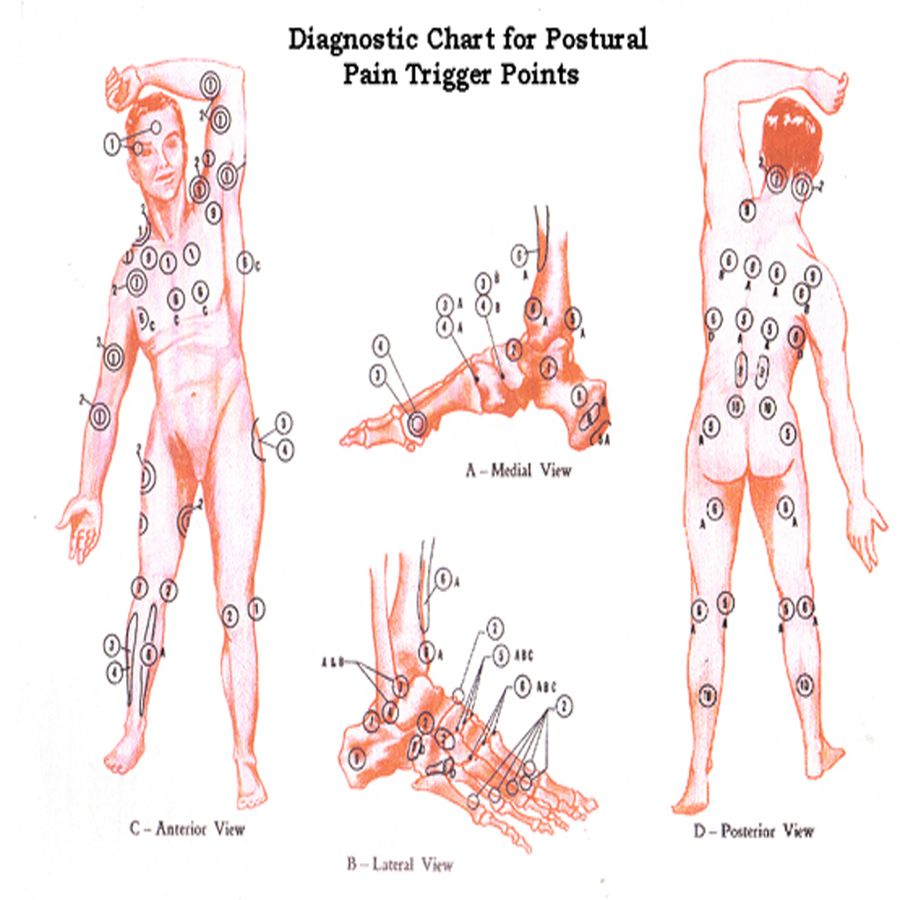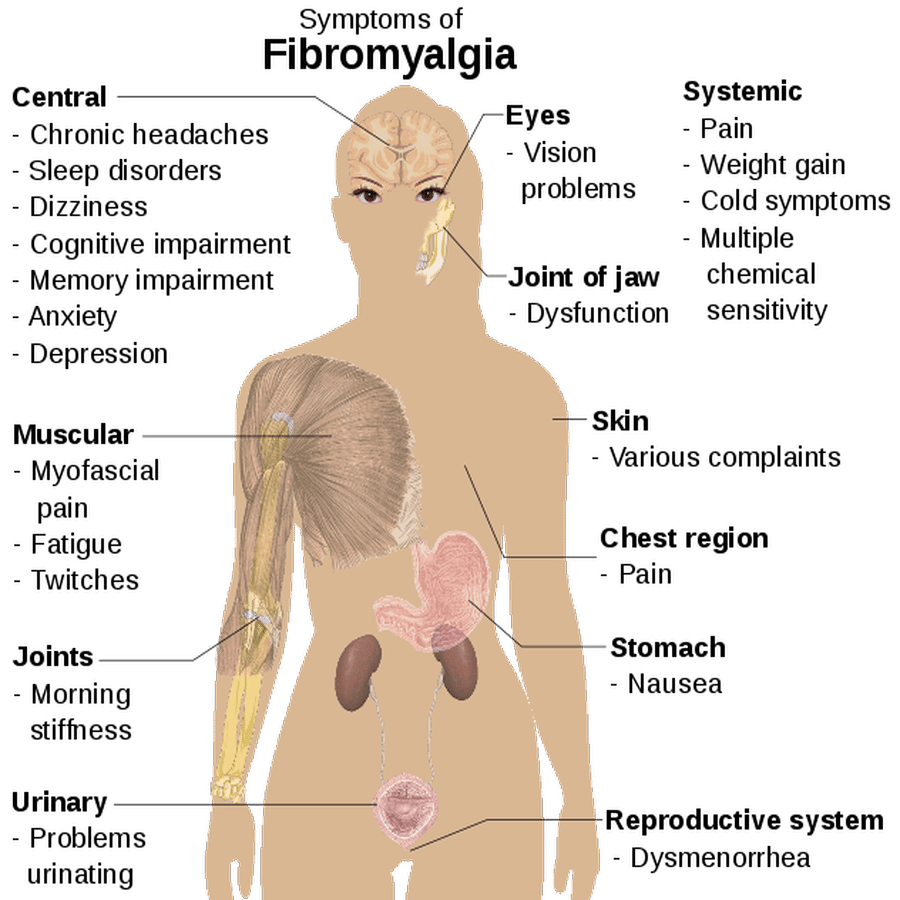Using Clinical Hypnotherapy To Combat Fibromyalgia

Fibromyalgia syndrome impinges both the muscle mass and soft tissue cells in humans. Notable signs and symptoms associated with fibromyalgia trigger points consist of persistent muscle pain, lethargy, along with persistent interruptions in sleep patterns. Treatments to combat this pain has traditionally been alleviated via medicines, way of living modifications and stress management. Considering the negative effect it has on the economic ramifications with regards to work performance, the continued research highlighting the latest therapies for treatment is also essential. In one study, over twenty-five percent of patients observed received some type of handicap repayment. The median cost of treating a person experiencing this type of pain is over $2000 annually.
In a regulated research study, forty people with rectory fibromyalgia were arbitrarily designated to treatment with either hypnotherapy or physical therapy for twelve weeks with follow-up at twenty-four weeks. The patients in the hypnotherapy team showed a substantially better result regarding their experience with stress, exhaustion on awakening, sleep pattern and also international analysis at twelve and twenty-four weeks, compared to those that only received physical therapy. Most individuals in both groups did have strong sensations of somatic and psychic soreness as assessed by the Hopkins Symptom Checklist. These sensations have shown a considerable decrease in clients treated by hypnotherapy compared to physical therapy, but they continued to be extraordinarily solid in a lot of cases. The verdict was that hypnotherapy was very helpful with alleviating symptoms in people with refractory fibromyalgia.
In 2010, The Open Pain Journal conducted a study that compared the efficiency of mental treatments for fibromyalgia with each other along with standard treatment. Ninety-three clients with fibromyalgia were randomly delegated to one of the three experimental conditions which consisted of multicomponent cognitive-behavioral treatment, multicomponent CBT with hypnosis; and pharmacological treatment. The results of mental distress, performance, and rest disturbances were evaluated just before treatment, quickly after treatment, and at three and six-month follow-ups. CBT, as well as CBT with hypnosis individuals, received the common pharmacological management plus fourteen regular, one hundred-twenty minute-long sessions of mental therapy. The evaluations indicated that people with fibromyalgia that received multicomponent CBT alone or multicomponent CBT with hypnosis showed greater improvements than patients who received just basic care. This research study offers new evidence about the efficiency of multicomponent CBT for fibromyalgia along with the additional effects of hypnosis as a complement to CBT.
In the 2008 research conducted by the BMC Musculoskeletal Disorders periodical, the study was developed as a randomized group-controlled study. Sixteen people were randomized into a therapy group or a control group, each making up eight people. Seven patients in the therapy group finished the schedule. After the command duration, five of the people in the control group also received therapy, making a total amount of twelve patients having actually completed the therapy sessions. The assistance team looked at a standardized hypnosis treatment with ten successive restorative sessions a week, each lasting for about thirty minutes, focusing on ego-strengthening, relaxation, releasing muscular tension and enhancing self-efficacy. A set of questions was established in order to calibrate the signs and symptoms prior to and after the ten weeks duration, as well as the outcomes were inserted into a scale from 0 to 100, increasing numbers standing for enhancing suffering.
The therapy group enhanced from their signs and symptoms, while the command team degraded. The twelve patients who completed the therapy revealed a mean enhancement from 51.5 to 41.6. One year later the matching progress was 41.3, indicating a persisting improvement. The research shows that hypnosis treatment may have a favorable result on pain as well as improved quality of life for patients with chronic muscular discomfort.
A number of recent reviews of this growing body of research conclude that hypnosis causes better reductions throughout a selection of chronic conditions as well as pain-related results, consisting of intensity, period and regularity when compared to standard treatment or therapies that do not have hypnotic features. In addition, hypnosis has comparable effectiveness to other treatments that have hypnotic functions, such as muscular tissue relaxation as well as biofeedback.



